
For 95 years, the people living in the McDowell County coalfields have depended on The Welch News for local coverage of important events. The county sits at the southernmost point of state, with a declining population of 18,363 and a median household income of $27,682.
In the 1950’s, at the apex of the mining industry’s economic influence, McDowell County had close to 100,000 people living there. They mined the coal that built much of the infrastructure for American cities. After the industry became more mechanized and many left to find work elsewhere, the community began to deteriorate, drugs got a foothold, and many local kids are now raised by their grandparents. Property taxes evaporated, as a large number of homes are on homestead exemption, which further lowers property taxes for those who are 65+ or considered disabled.
The Welch News remains in the county as a unifying force that the dwindling populace relies on to stay connected and informed. Publisher Melissa Nester often says she learned how to read by reading the Welch News. Three years ago, she purchased her local newspaper to keep it from shuttering.
“Our previous owner made the decision to close the newspaper at a point we felt we were going strong,” Nester said. “Revenue had declined along with the business population we used to support our operation over the years, however we felt it was an asset to community building and wanted to use it as such.”
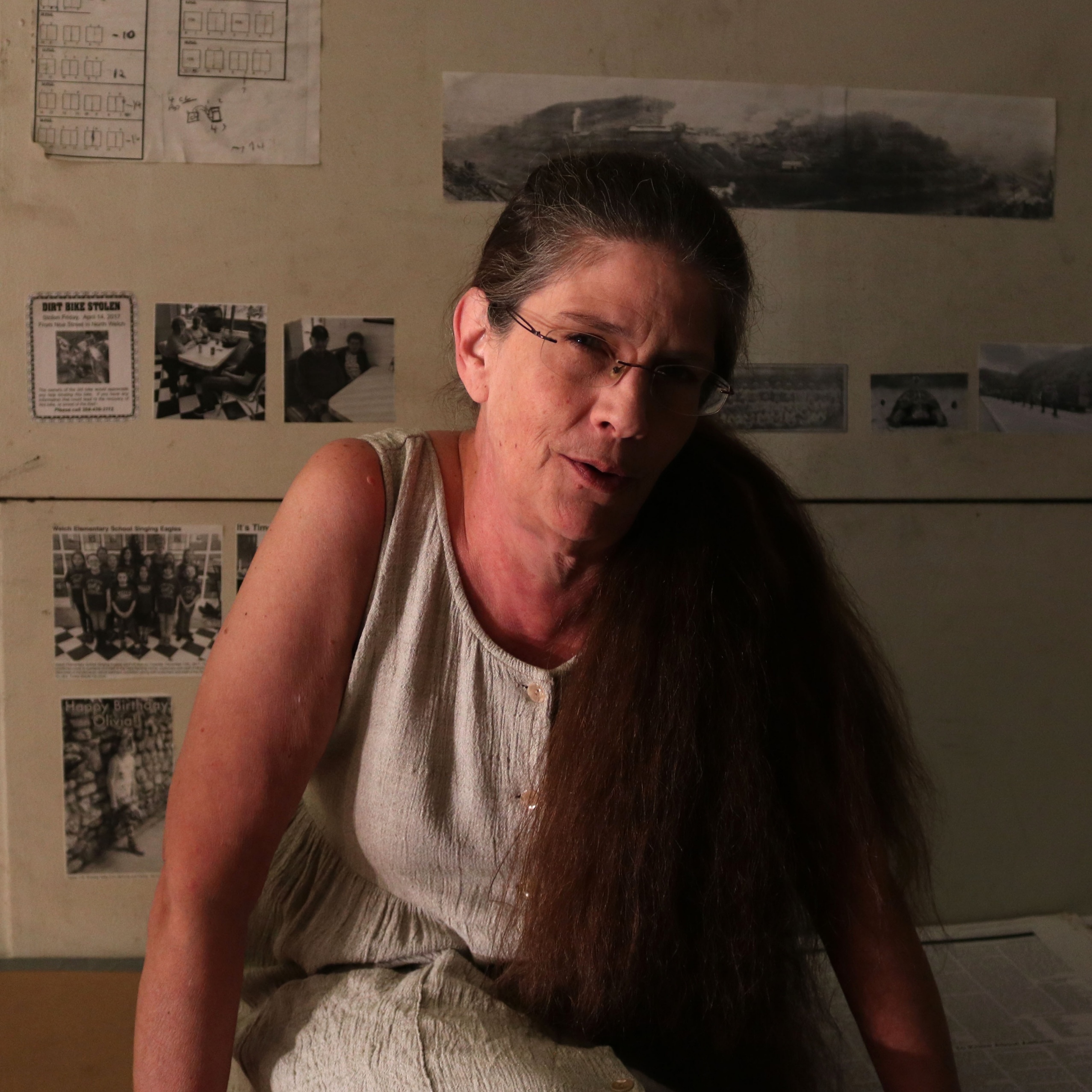
Nester purchased the paper, with the promised support of her core team members at the time. Most of them are still working with her today.
“The Welch News had been a staple in all our lives,” Nester said. “When we announced that we would cease to print, the community was outraged. We cried with customers stopping in to see us one last time, most of them sharing stories of their first job being a paper carrier at the newspaper. One of our carriers at the time told us the story of an elderly woman who said all she had at home was a landline phone and The Welch News. It’s all she had. We were absolutely floored as we heard how much our community wanted us to remain.”
The Welch News Launches a Digital Publication on WordPress with the Help of the PaywallProject
After purchasing the paper, Nester held a meeting on May 8, 2018, where she invited everyone she could think of to help her plan a path to move forward. Tyler Channell, creator of the PaywallProject, attended this meeting and listened to the team’s goals and concerns.
“Building simple WordPress-based sites for various businesses is something I’ve done dating back to 2008,” Channell said. “I really started focusing on local newspaper web development in late 2017 after graduate school (journalism) at West Virginia University.”
Channell began helping local West Virginian newspapers, after they reached out with specific questions about generating revenue from their publications.
“Digital ads weren’t cutting it for them (a similar story I hear from publishers across the country),” Channell said. “With Facebook and Google owning virtually the entire digital ad market, newspapers must focus their efforts on generating paid digital subscriptions to remain sustainable. People are willing to pay for local content that they can’t get anywhere else.”
After helping his first local newspaper find success with a paywall he implemented, he decided to put together a simple ready-to-go website solution focused on growing paid digital subscribers for local newspapers across West Virginia and beyond. He now has approximately 20 local newspapers signed on to the PaywallProject’s services. The all-in-one subscription platform for local news costs $199/month and includes website development, a flexible paywall subscription platform with no transaction fees, migration, and built-in ad management.
“I use a number of different themes/plugin-based solutions combined with custom code, payments via Stripe, and hosting through DigitalOcean to bring it all together,” Channell said. “The goal for me is to provide all technical aspects so that local news publishers can focus on publishing content.”
For many small publishers, this is their very first website. Channell said his clients are quick to acclimate to WordPress.
“I think when you remove the technical aspects of digital subscriptions, it reduces the learning curve dramatically,” he said.
“Growing digital subscriptions takes a lot of time and effort. But with each new paid subscriber a newspaper brings on board, local journalism becomes that much more sustainable.”
The Welch News’ WordPress site helped put the publication on a path to sustainability. Within the first ten days of launching their digital edition, they gained 100 new subscribers, and subscriptions keep rolling in from local residents and people all over the country.
“I believe [Channell] was particularly interested when he learned our newsroom was staffed by millennials who cared deeply about the community they live in and hoped to make a positive change,” Nester said. “He realized our staff could easily transition.
“As publisher/owner, at 56 years old, I have probably been the person hardest to train on using the site, but even I am very comfortable posting articles without help.”
Welch News Editor Derek Tyson is the primary person writing and editing articles, approving submissions, and managing ad design and layout for the front page.
“We really enjoy the ease of access WordPress offers,” Tyson said. “I think we all were quite surprised how easy it was to put our articles into the digital format to share with the world at large. The transition wasn’t hard. Changing our office routine after over 90 years of only print publishing was by far the hardest part. PaywallProject made this transition easy for us. Trainings happened in our own newsroom, and PaywallProject has always available to help with any issues.”
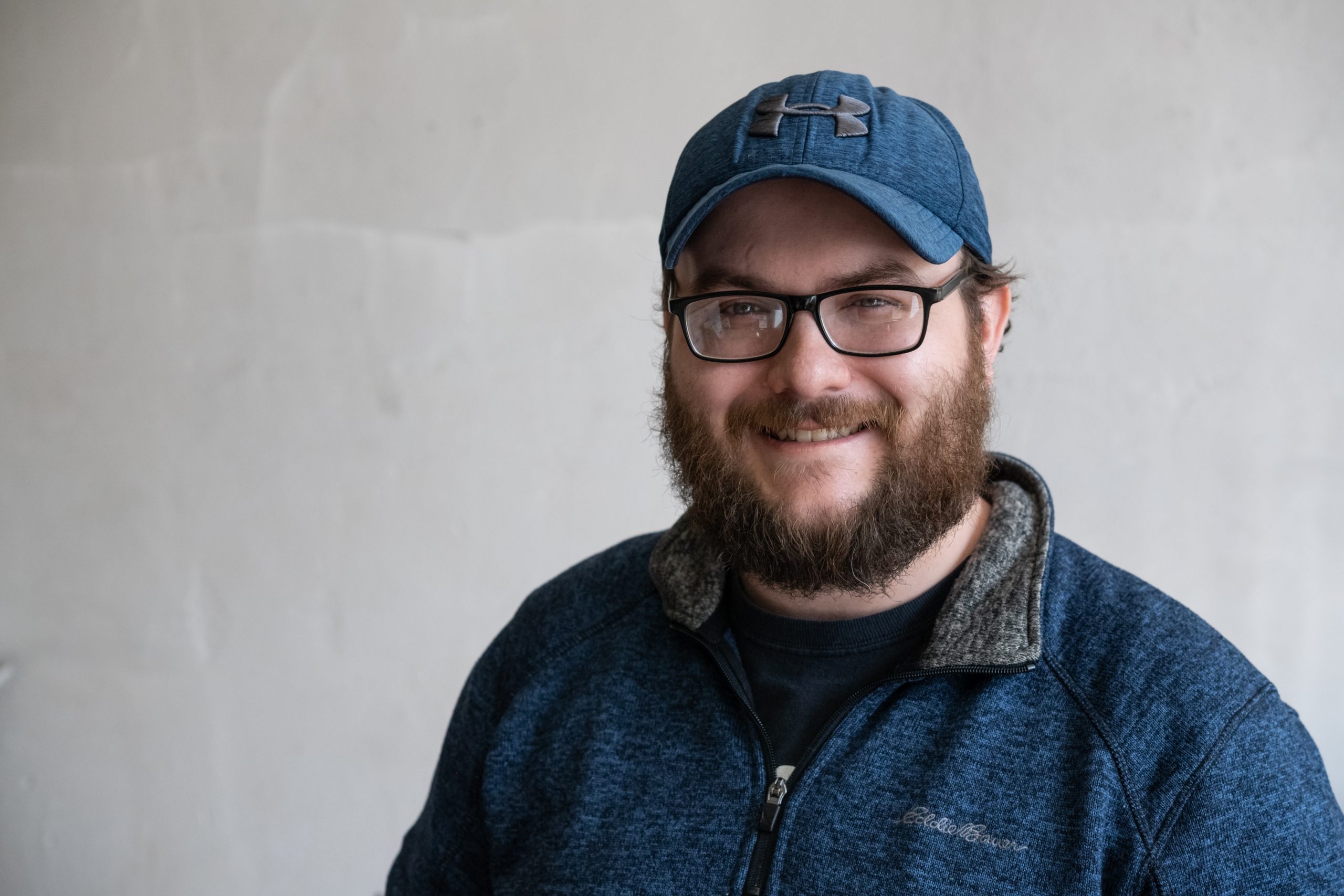
The entire publication process is still very much a labor of love, as is evident in this video the PaywallProject created featuring The Welch News. The team managing it is far younger than most of the town but fiercely dedicated to keeping this vital community resource going.
“Putting ourselves out into the digital world was both exciting and terrifying,” Nester said. “We were skeptical about our content being capable of generating online subscriptions. But it was the best case of being proven wrong in our lives.
“It does sometimes feel unnerving to move from a local publication that is only read via print media in your community, to a publication with a far greater reach. Sometimes that brings forth ‘internet warriors’ to criticize, as well as ‘internet warriors’ to support. PaywallProject is knowledgeable in the field of journalism, and that makes a great difference.”
The Welch News Still Prints and Delivers the Paper Three Days Per Week
The Welch News is just one of hundreds of publications that have found WordPress in the post-print news era, but unlike many others who transitioned to purely digital publishing, they are committed to keeping their print version going on their 1966 model printing press. They print three days a week and offer home delivery within McDowell County, as well as mail delivery across the nation.
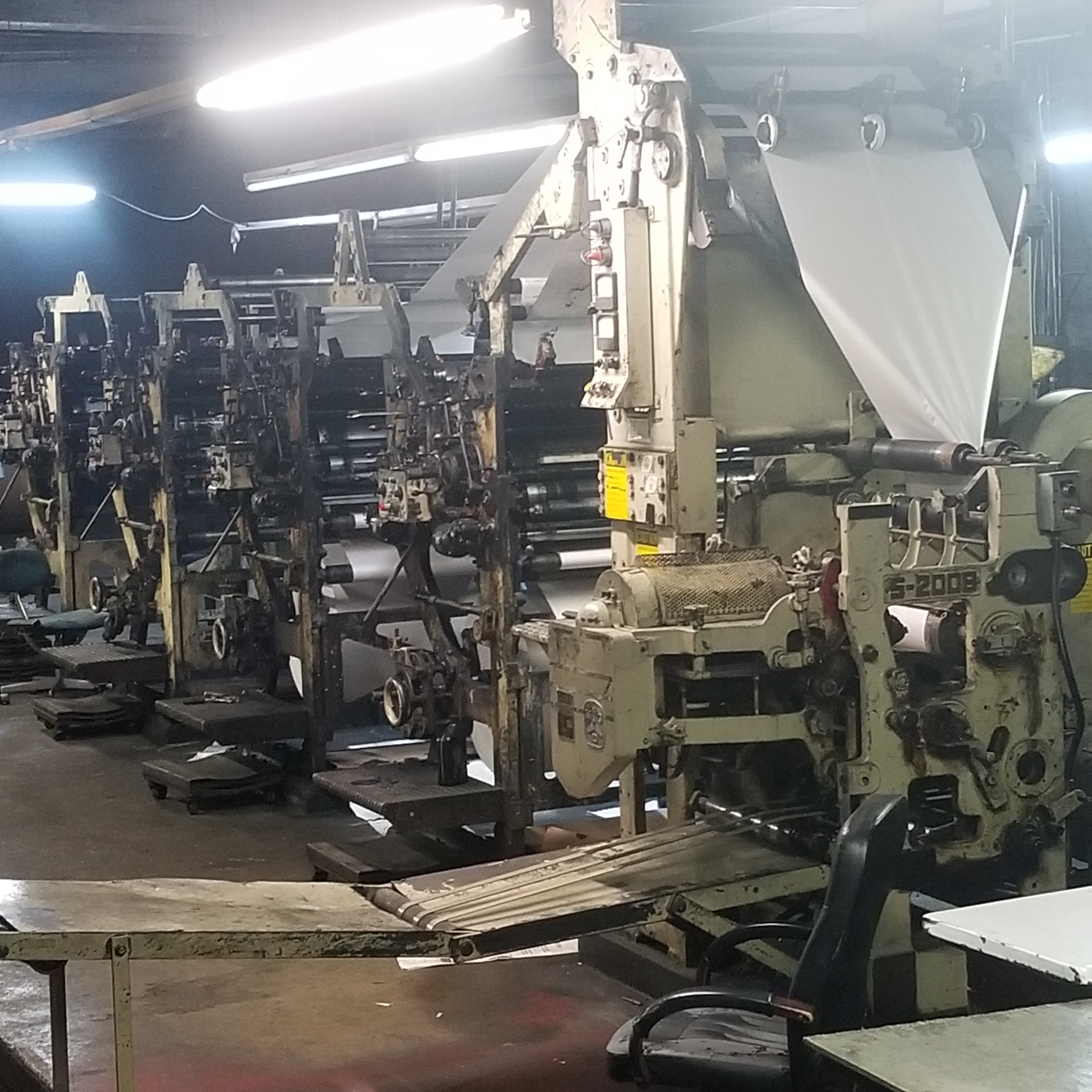
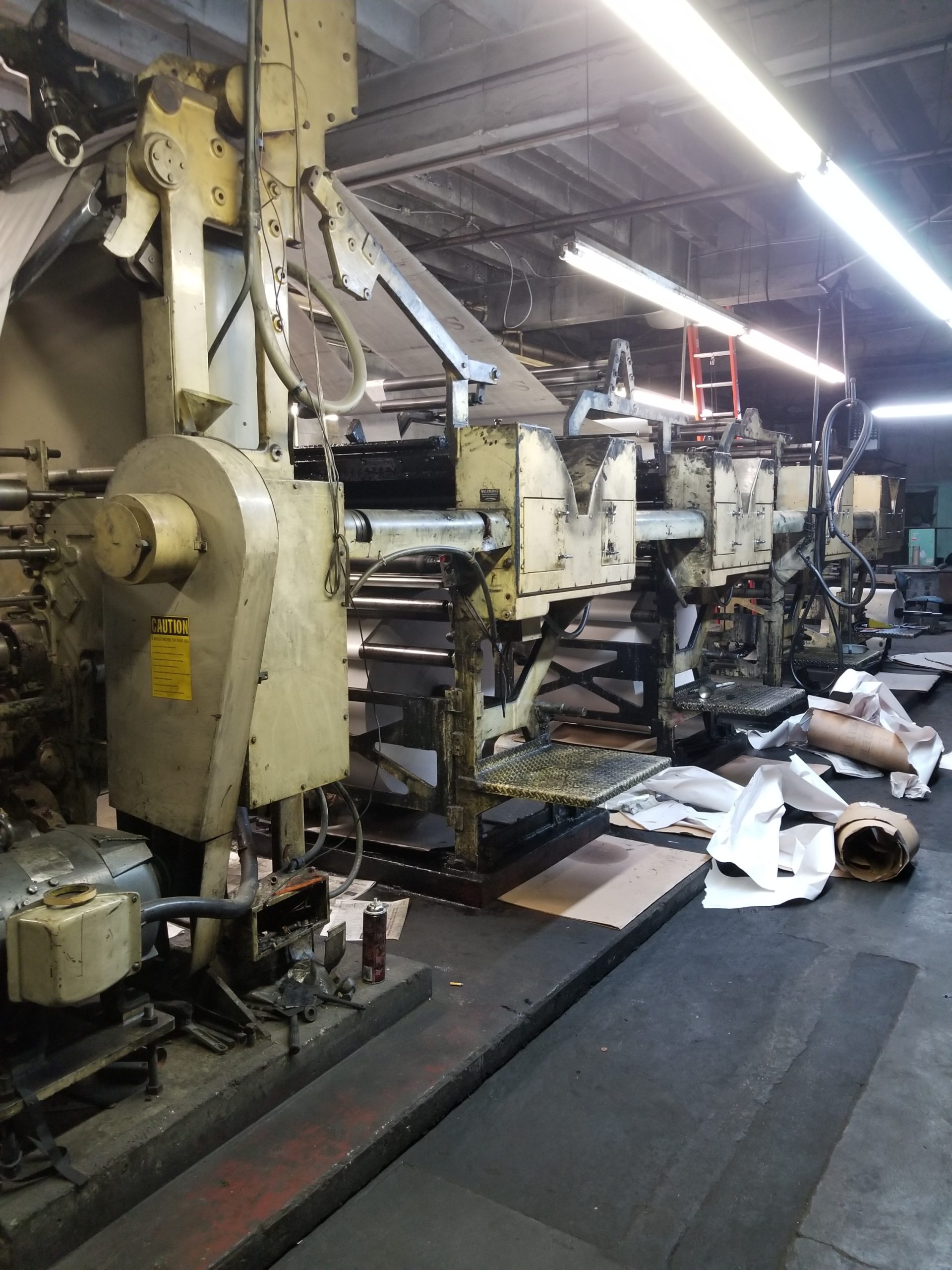
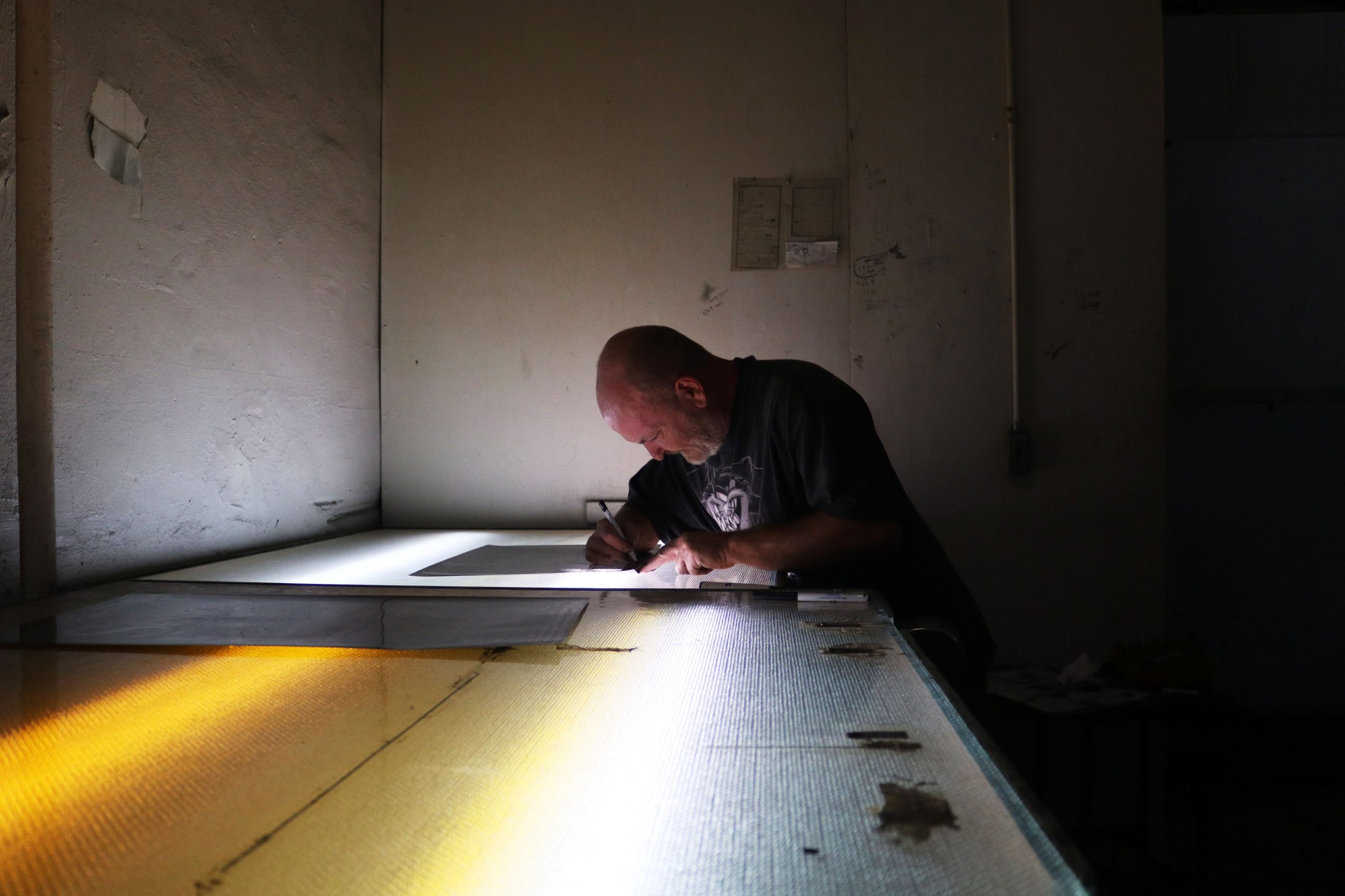
“We have a high population of elderly residents, and strongly feel that they need the connection with the home delivery drivers three times each week,” Nester said. “We understand this isn’t the greatest business model, and often hear the advice to move to a weekly publication. Our desire to serve our residents in the best way possible keeps us headstrong about a three-day print publication.”
Though nearly everyone from his generation has moved away from the area, Tyson’s commitment to serve The Welch News’ elderly subscribers burns strong.
“We’re here to serve a very vulnerable population that I feel like the modern world is pretty quick to sweep under the rug,” Tyson said in a recent documentary about the county. “I see elderly people suffer, feeling like they’re not important and nobody needs them anymore. That’s just awful. They’re not as strong, they move a little slow, they’ll talk your head off but they’re living human beings that matter, and I’m going to fight for them.”
Local news stands as a guardian for small, economically vulnerable counties like McDowell. In an area that is frequently cited among the five poorest counties in the US, the people still have their own voice through The Welch News. This publication finding sustainability is like a flower growing up through the concrete.
As we witness the slow death of the American newspaper, these little newspapers staying alive to keep the public informed offer a ray of hope. Small publications continue to contend with the greed and corruption of the advertising industry, tech giants that have willfully eroded publishers’ trust through collusion and manipulation of the digital ad market. With affordable publishing tools like WordPress, The Welch News and its contemporaries can have a fighting chance.
“This is very much a heart project to serve and better our community, and we aren’t sure how long we can sustain it,” Nester said. “I’m certain we wouldn’t have survived the income loss from COVID without our website.
“I often say I quit my job every morning, but go anyway. I quit again by nightfall, and the email comes showing the income from online subscriptions and I decide to try again.”
Tyson and his small team of journalists believe the best hope for keeping local news alive, when many small outlets have shuttered or consolidated, is maintaing a hyperlocal focus.
“Our strategy has been to shift our content priorities from broad coverage to a hyperlocal focus on issues within McDowell County’s borders,” he said. “With so many forms of media coverage available today, we decided to focus on what you couldn’t find anywhere else and in turn, showing that important things happen in small towns that deserve media attention.”
WordPress and the PaywallProject helped introduce a new stream of revenue for their century-old business. As the subscriptions continued to flow in, Nester said they realized “hyperlocal content did indeed have true value and would not be found anywhere else.” It’s one of the reasons many of the 2022 Pulizter prize winners have won for local stories that would never be covered in the larger news market.
“Citizens near and far should understand the need to fund local newsrooms, and the important work they do,” Nester said. “Understanding that without supporting local journalists, a large sense of community will be lost with each news desert that comes. If newsrooms are funded through community support, it is a better representation of that community and a means to bring forward local issues for resolution.”
